Study Finds UK ISP Internet Censorship Not the Best Approach for Kids
A new survey of over 2,000 children (aged 14 – 17) from across the United Kingdom, which was jointly conducted by the Oxford Internet Institute and The Parent Zone, has claimed that restricting kids from accessing the Internet by using network-level ISP censorship (Parental Control) systems might not be as effective as allowing them to self-regulate their own online use.
At present most of the country’s largest broadband ISPs, under pressure from the Government, have agreed to introduce an Active Choice+ system that presents the bill payer with an “enforced” choice about whether or not to keep adult Internet content filtering enabled (the box is pre-ticked “Yes”). Customers who decide to keep the filtering are then presented with a list of potential blocking categories, which cover everything from porn to social networks, dating and self-harm websites etc.
Advertisement
But this approach has proven to be controversial because related filters can and often do end up restricting access to perfectly legal websites, which can occur due to errors or incorrect categorisation. On top of that it’s incredibly easy, requiring only very basic knowledge, to circumvent network-level filters by using a proxy website/server or VPN. Children usually understand these things better than their parents.
But the new report, which is being summarised by the BBC today, concluded that the blunt tool of Internet censorship is nothing next to a spot of good old fashioned parenting. In particular it found that children who had a “positive offline relationship” with their parents were more likely to use the Internet sensibly and a similar outcome was observed for those whose parents took a more supportive and positive approach, as opposed to simply flicking the filter switch.
Crucially the report noted how teens that were left to self-regulate their own Internet and social media usage, as opposed to being wrapped in cotton wool by their parents, were more likely to teach themselves new skills and maintain positive online relationships.
Dr Andrew Przbylski, Lead Report Author, said:
“Our findings indicate that good parenting, which allows children to still take risks and develop coping strategies, is integral to whether young people are able to make the most of the opportunities of the online world.”
A separate Online Safety report from the Culture, Media and Sport Committee, which was published earlier this year, also found that website blocking by UK ISPs was “highly unlikely to be a suitable approach” for tackling adult pornography or violent material on the Internet (here). Instead it suggested that blocked should only be considered as a “last resort for particularly harmful adult websites that make no serious attempt to hinder access by children.”
Advertisement
According to Ofcom’s latest data, some 40% of parents make use of Internet content filtering and children of a similar age to those in the study tend to spend 17 hours online a week. However it should be said that the above study focused on teenagers and didn’t cover much younger children, where the case for blocking might be more plausible.
Mark is a professional technology writer, IT consultant and computer engineer from Dorset (England), he also founded ISPreview in 1999 and enjoys analysing the latest telecoms and broadband developments. Find me on X (Twitter), Mastodon, Facebook, BlueSky, Threads.net and Linkedin.
« Vodafone UK Deploy LTE Advanced for “ultra-fast” 4G Mobile Broadband


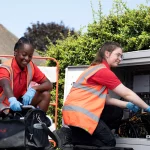
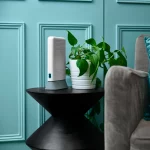
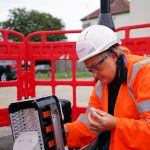
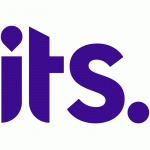

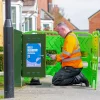

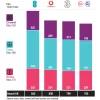








































Comments are closed